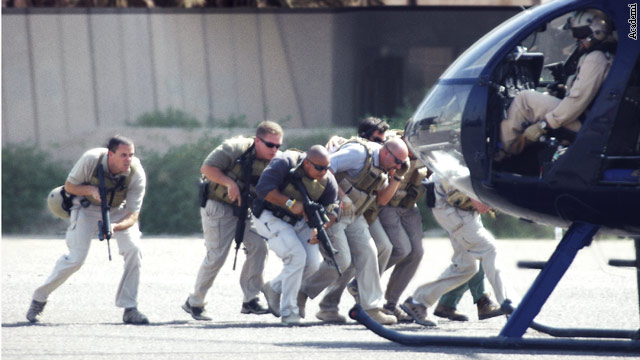The Supreme Court came to a landmark decision Monday morning, voting unanimously that police agencies must obtain search warrants before they can install GPS tracking devices on the vehicles of suspects.
Had the justices voted otherwise, local law enforcement agencies would have been legally protected to affix small devices on the cars of suspects, without their knowing, in order to monitor their every move on public roads.
In 2005, Washington DC police thought they had that right when they bugged the vehicle of a suspected cocaine dealer and used the info to follow him for more than a month and eventually land a conviction on the charge of drug distribution. The conviction was later overturned, however, when the legality of the process was called into question. Lacking a valid warrant, a federal appeals court overruled the decision and had the lengthy sentence previously put on defendant Antoine Jones removed.
The Obama administration argued against the appeal and insisted that the matter make it to the Supreme Court. Now nearly seven years after Jones was bugged without a warrant, the highest court in America has decided that a warrant would be required in all cases in the future.
Although all justices voted that police must obtain a warrant, the reasoning differed among those involved. In a 5-4 split over the explanation, the majority of the justices said that the Fourth Amendment’s protection of “persons, houses, papers, and effects, against unreasonable searches and seizures” was implied with a person’s private property, such as their automobile. Justices Antonin Scalia, John Roberts, Anthony Kennedy, Clarence Thomas and Sonia Sotomayor voted in the majority.







